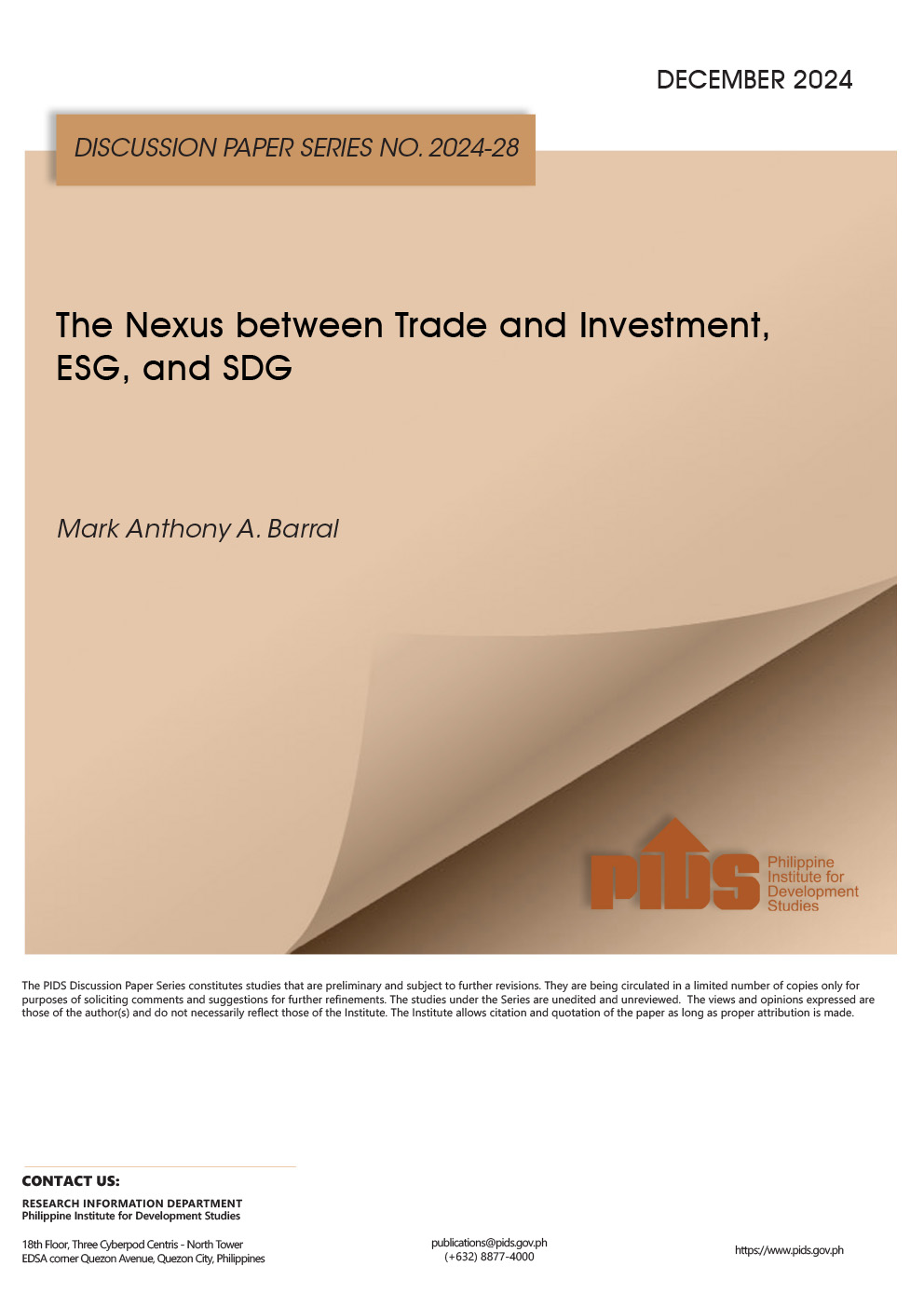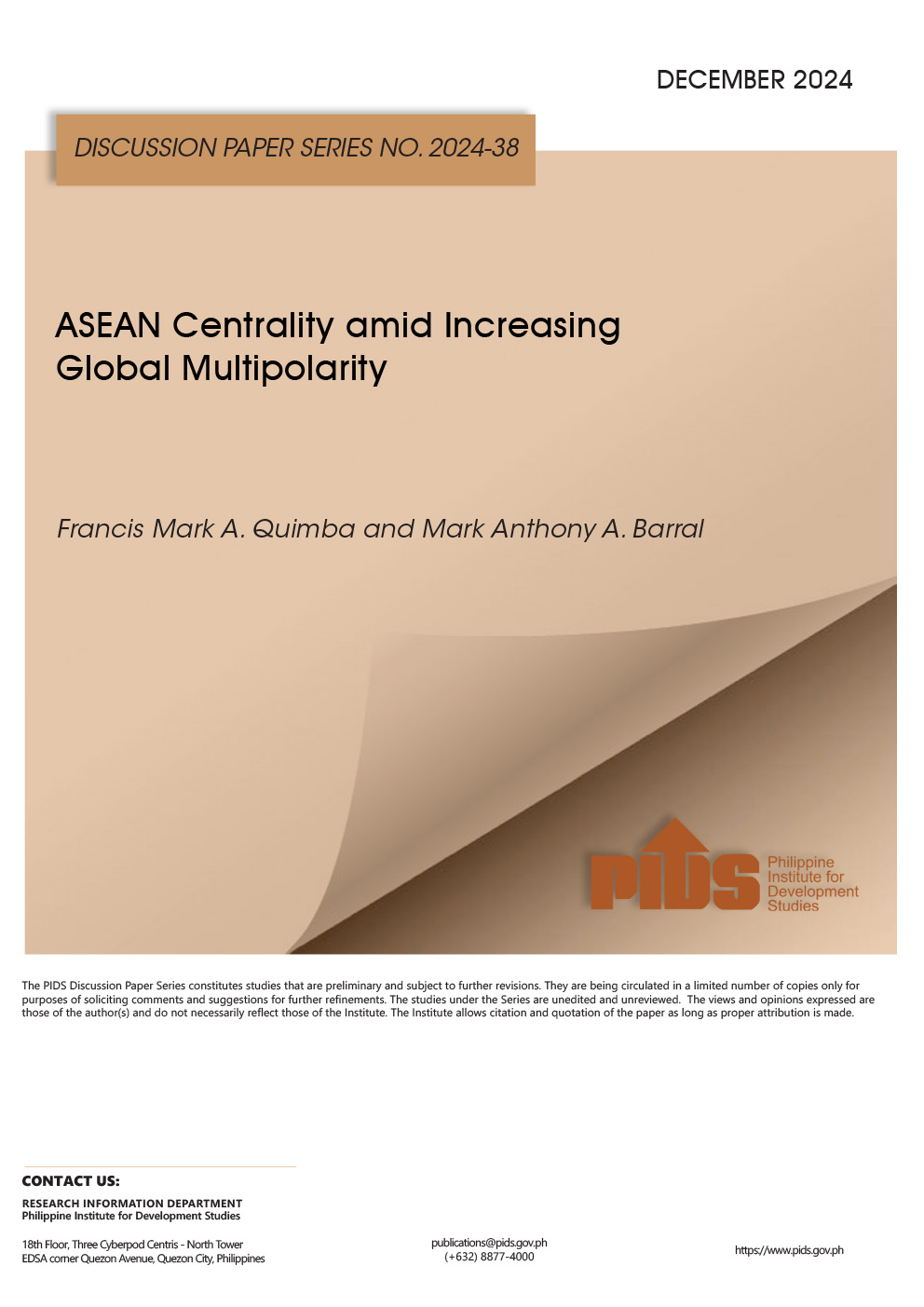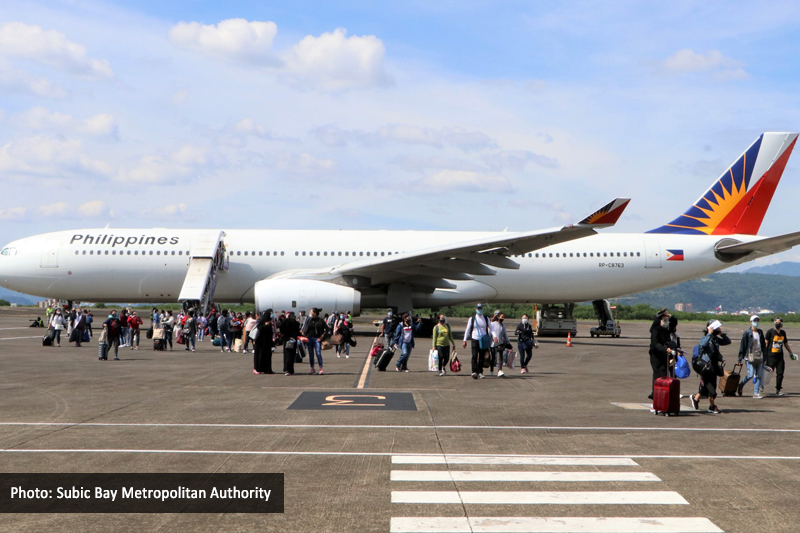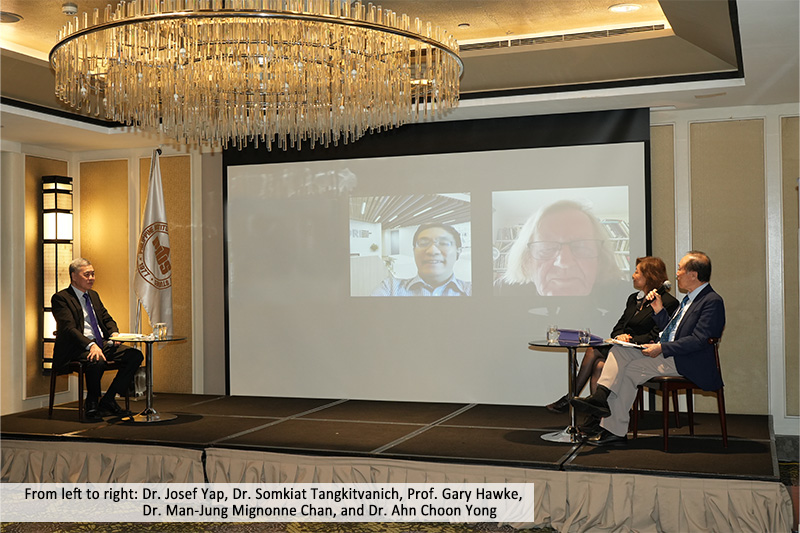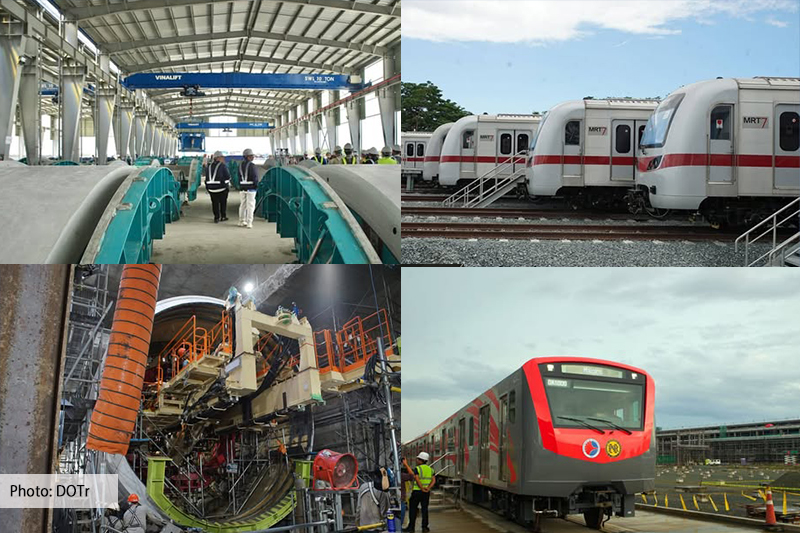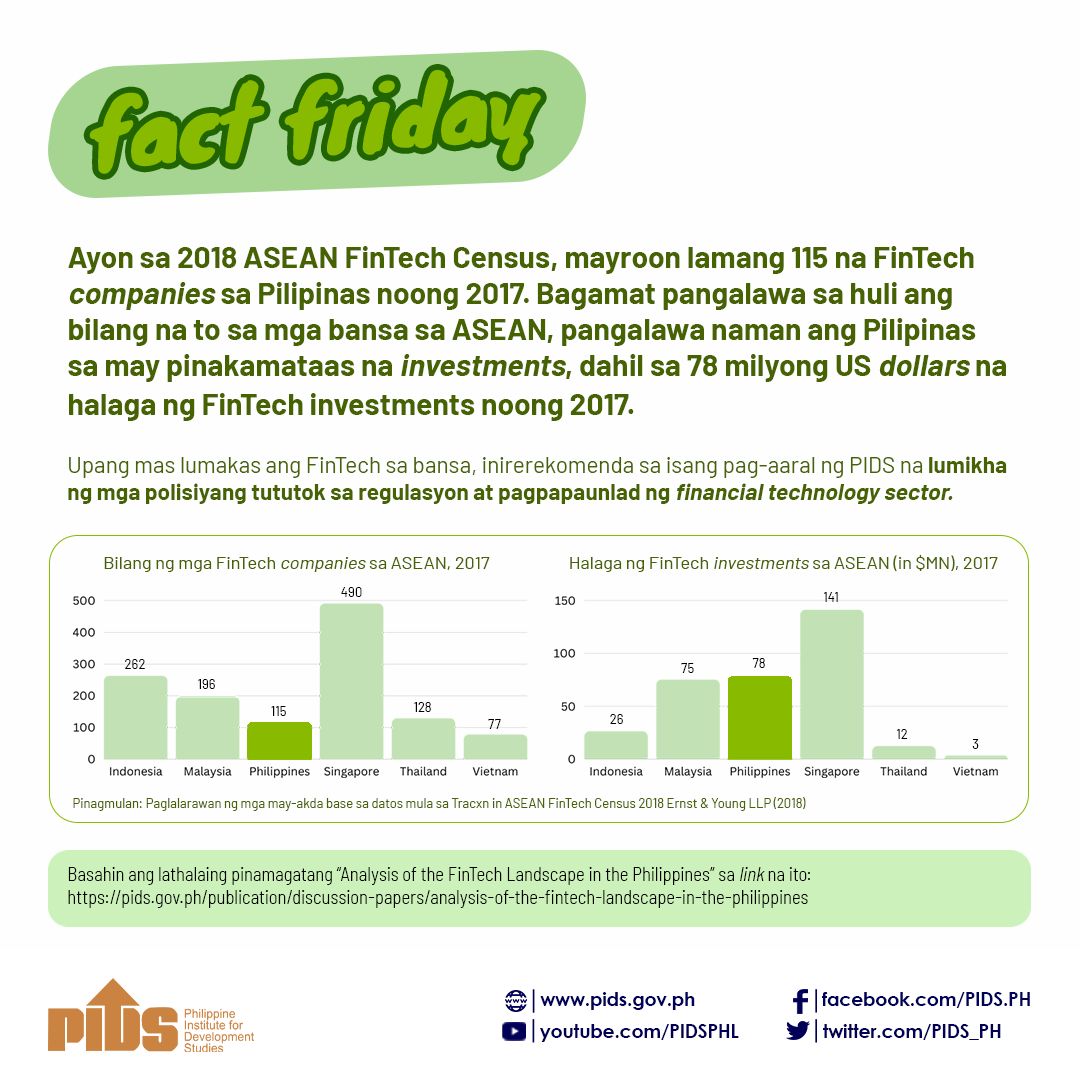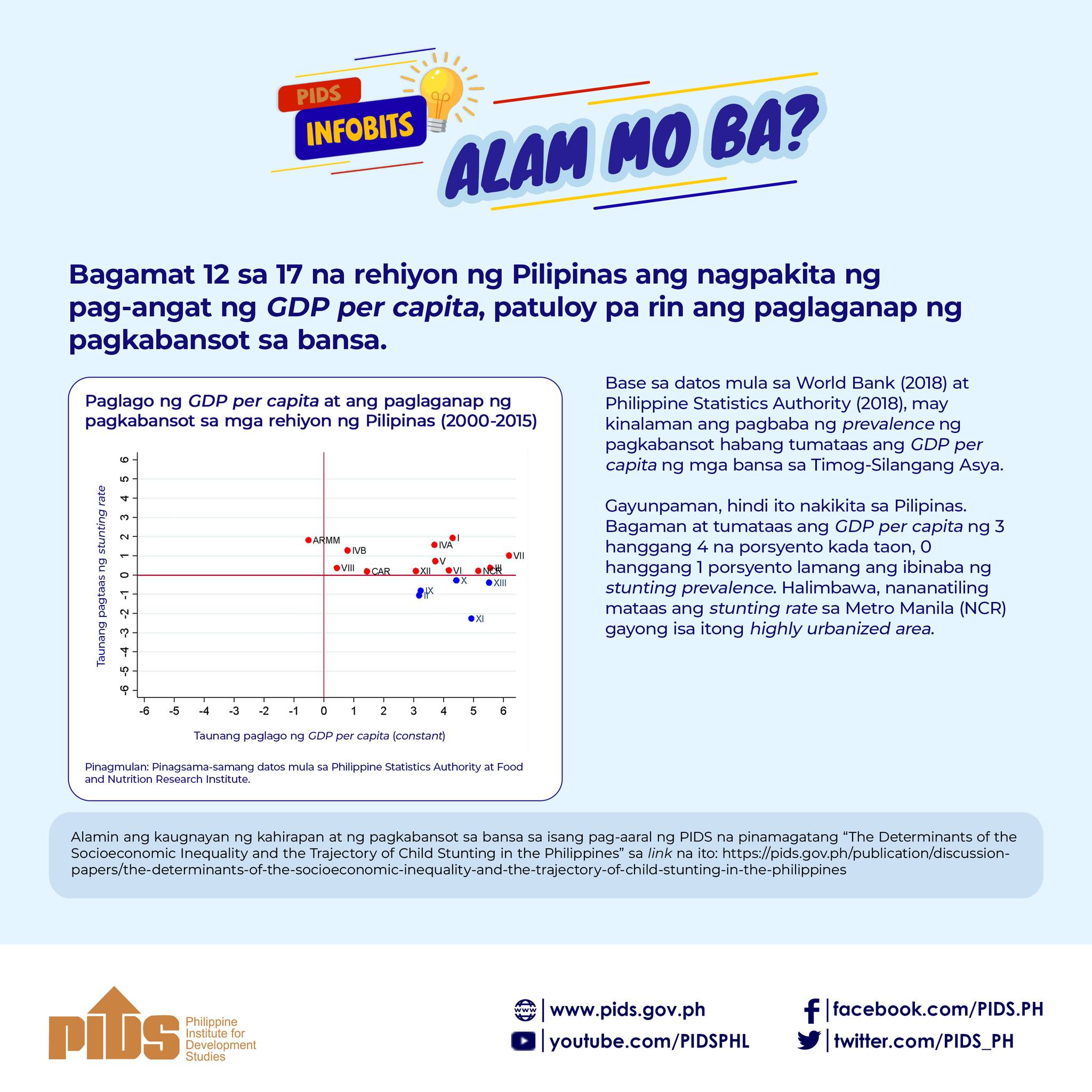THREE weeks ago, I provided examples that the preparations for Association of Southeast Asian Nations (Asean) integration were really happing. In the meantime, more and more question marks are coming up, giving companies, lawmakers and the executive branch of the government clear indications that much more needs to be done. Let’s look at various news items that appeared in the last 10 days: Asian Institute of Management Prof. Federico Macaranas, speaking in a conference organized by the Center for Philippine Futuristics Studies and Management Inc., said that the Philippine government needs to amend investment-related laws and strengthen ties with the private sector as the Asean integration gets closer. He added, "You need to amend laws for you to follow what you sign.” And that includes provisions in the Constitution, which set a limit on foreign ownership on certain activities. Macaranas said that apart from amending certain laws, the government will have to come up with new policies to make the country competitive in the regional integration. "You must prepare various government agencies, as well as other stakeholders in order to benefit,” he said. Companies, he added, should also adopt a global mind-set in doing business. A number of barriers to trade hinder the ability of fish traders to compete internationally, including in the Asean Economic Community (AEC), according to a study released by the state-owned think tank Philippine Institute for Development Studies (PIDS). In the study titled "Philippine fisheries trade with Asean: Choke points to AEC 2015,” PIDS says these choke points refer to impediments in the supply chain that need to be removed in order for the local fish industry to realize cost or time savings, or both. Tour agents in Thailand are worried that foreign operators from within Asean will dominate the travel business when the AEC begins in 2015.

